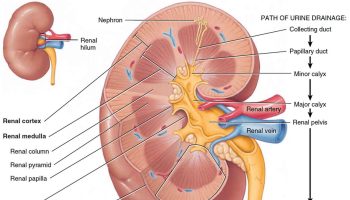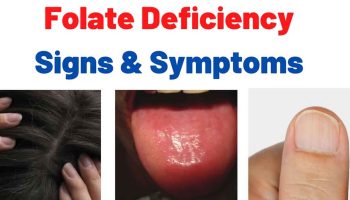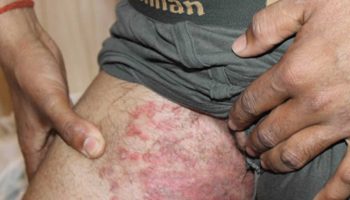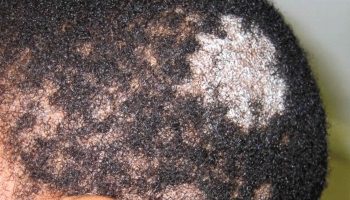What causes chapped lips
Most people get chapped lips from time to time and dry chapped lips can occur in cold and even warm weather. To avoid chapped lips, use a lip balm with sunscreen when outside in any weather. To soothe dry chapped lips treat with beeswax and phenol (such as Carmex).
If chapping is severe and doesn’t respond to treatment at home, consult your doctor. Rarely, persistent chapped lips may indicate an underlying problem.
Here are some recommendations for preventing chapped lips
There’s much you can do to treat — and prevent — chapped lips. Consider these tips:
- Protect your lips. Before going out in cold, dry weather, apply a lubricating lip cream, lipstick or lip balm that contains sunscreen — and then cover your lips with a scarf. Reapply often while outdoors.
- Avoid excessive sun exposure.
- Avoid licking your lips. Saliva evaporates quickly, leaving lips drier than before you licked them. If you tend to lick your lips, avoid flavored lip balm — which may tempt you to lick your lips even more.
- Try to keep the air in your home humid.
- Use a sunscreen on your lips when outside in sunny weather.
- Stay hydrated. Drink plenty of fluids, and moisten the air in your home with a humidifier.
- Avoid allergens. Avoid contact with irritants or allergens, such as fragrances or dyes, in cosmetics or skin care products.
- Breathe through your nose. Breathing through your mouth can cause your lips to dry out.
Here are some recommendations for soothing chapped and sore lips:
- Drink additional fluids in winter months.
- Treat chapped lips with beeswax and petrolatum (Vaseline).
See your health care provider if you have sores that will not heal on your lips.





